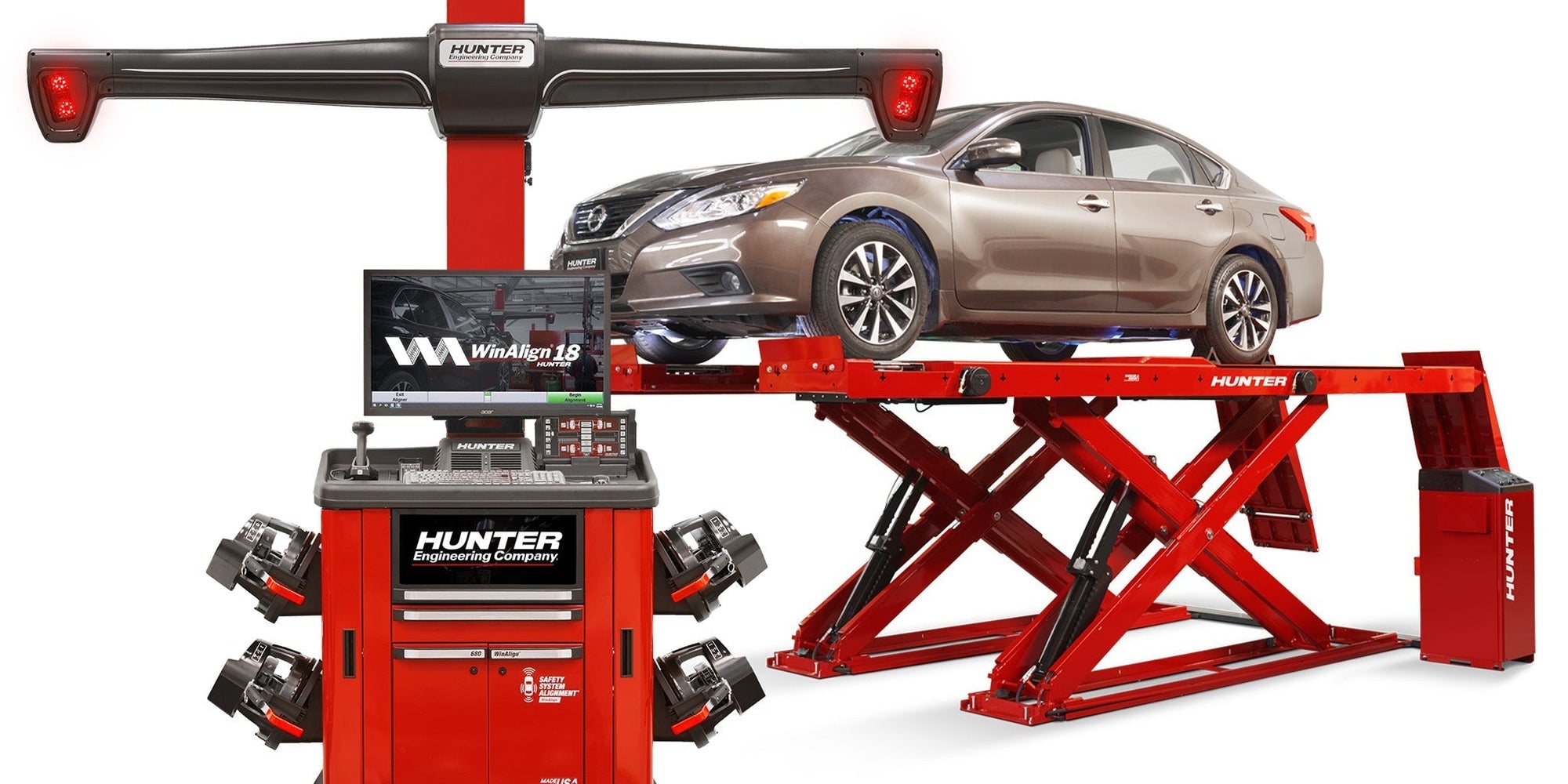What is a Caliper and What Does it Do?
You know what a brake pad is and what brake rotors do, but what exactly is a brake caliper? It’s one of the lesser understood parts of a brake system, but it’s still important, at least, if you want your car to stop moving when you hit the brakes (which we assume you do). Here’s everything you need to know about brake calipers to keep you safe no matter what type of vehicle you’re driving.
What is a brake caliper?

A brake caliper is just one part of the disc brake system, which is what most modern cars and light trucks have as part of their front brakes. More and more vehicle have a disc brake system on the rear of their vehicle. The caliper is where your brake pads and pistons are housed. The piston(s) is responsible for pressing the pad to the rotor which creates friction and stops the wheel. Brake calipers work alongside the brake rotors, brake pads, and the rest of your hydraulic system to bring your vehicle to a stop when you press the brakes.
What does a brake caliper do?

The brake caliper’s function is to create friction by pushing the brake pads into the rotors to slow down your wheels. A brake caliper fits sort of like a clamp (when you press the brake pedal) on each wheel’s rotor. The brake pads are inside the caliper, and when you push down on your brake pedal to slow down or stop your vehicle, the brake fluid puts pressure on the pistons in the brake caliper. This forces the pads against the brake rotor and is what slows down or stops your vehicle. Do you need to have your brake calipers checked? Schedule a brake inspection today!
Types of brake calipers

The two main types of calipers are floating (also called sliding) calipers and fixed calipers. Floating calipers are able to move in and out relative to the rotor. They either have one or two pistons on the rotor’s inboard side. When you hit the brakes, the piston(s) pushes the caliper, which creates friction from the brake pads situated on either side of the rotor.

Fixed calipers don’t move. Instead, they have pistons arranged on opposite sides of the rotor. They’re more expensive than floating calipers, can have more pistons and they have better performance overall.
How do you know if your brake caliper goes bad?
Over time, even the most well-maintained vehicles will need service work on their brakes. The braking system generates heat every time you slow down. So, even if you only drive in normal driving conditions and don’t make hard stops, your calipers will still eventually get weak and break down.

Your calipers are also at risk if you don’t drive regularly. They can get rusty or dirty and even start leaking brake fluid if you don’t take your vehicle out regularly. The seals inside the caliper can dry out and fail with irregular use. This is one reason why it’s important to not let classic cars sit around in your garage collecting dust for years on end. Cars are meant to be driven!
If you notice any of the following signs, bring your vehicle in immediately so we can check your brakes and make sure you’re safe on the road:
● Your car pulls to one side when you press the brake pedal
● Your brakes only work if you pump them a few times
● You see brake fluid leaks around your wheels
● Your brake pedal feels softer than it should when you press it down
● A continuous squealing, grinding, or squeaking sound coming from your brakes
If you’ve noticed any of these signs of wear in your caliper, or if you’re having other types of brake problems, schedule a brake appointment today. A professional from Spring Works will be happy to look over your vehicle and let you know if your brakes need to be repaired or replaced so you can drive away safely.



